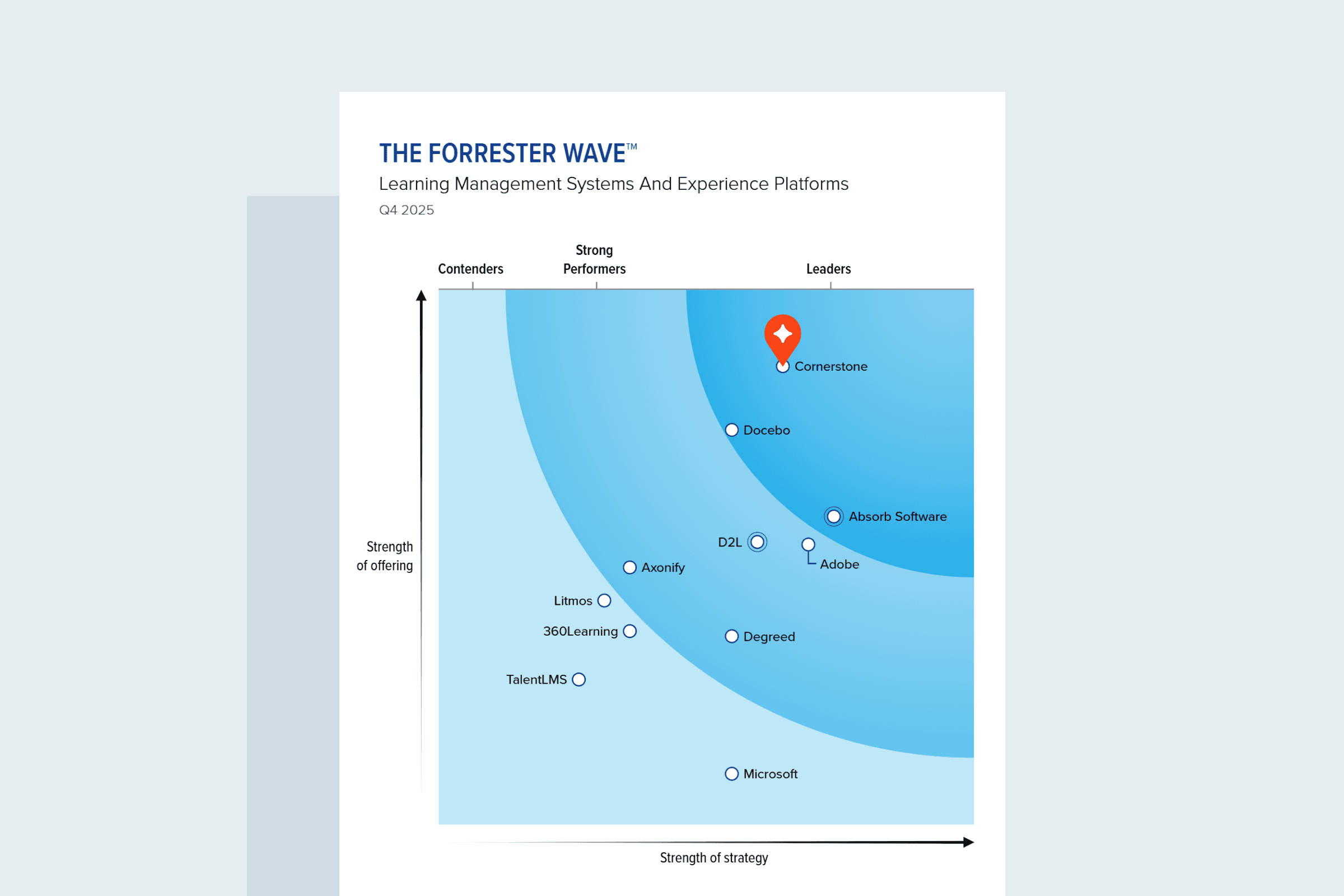If you are in charge of HR for a healthcare organization than you've likely felt the pain of talent shortages.
According to the American Nurses Association (ANA) , there will be more registered nurse jobs available through 2022 than any other profession in the United States. And there doesn't seem to be an end in sight for the nursing talent shortage as universities struggle to increase their class sizes to meet the needs of the industry.
Because of the high demand, nurses have a lot of employment options. So if your organization is going to remain competitive, you need to do more than offer a good salary. In a recent Glassdoor article, HR professor Dr. John Sullivan explains, "It's not 'Will you pay me?' It's, 'Do you have the best equipment? Do you have the best doctors? Do the nurses get the opportunity to make decisions and try new things?'"
When it comes to recruiting and retaining talent, you can set your organization apart through learning and development opportunities that enable your nurses to feel challenged, provide the best possible patient care and spend less time on administrative tasks.
1) Provide Opportunities for Growth
There are more than 25 different types of nursing positions out there, with titles ranging from registered nurse (RN) to nurse assistant to specialist positions like neonatal intensive care unit nurse.
All of this variety means that even within the nursing profession there are lots of opportunities for nurses to grow and hone different skill sets. In fact, a survey at The Nursing Times Career Live! event hosted by the National Health Service (NHS) found that the top attribute nurses look for in a new employer is learning and development opportunities. Which makes sense considering that the skills needed to switch between these positions are different. For example, in order to become a charge nurse and manage the hospital floor you need leadership skills where as a floor nurse who primarily deals with patients might want more clinical skills training. Work with nurses to help them define their own career path. Then help them build the skills they need to make their career aspirations a reality. This can mean offering opportunities to learn leadership or technical skills through online learning courses, industry conferences or mentorship programs. The key is to provide them with a clear view and plan to determine their own career trajectory.
2) Put Learning Opportunities At Their Fingertips
At the end of the day, most nurses got into the profession because they like helping people. So anything that detracts from that experience—such as spending time at a computer clicking through tutorials—can seem like a bit of a nuisance. Not to mention, since nurses are already short staffed, the chances that they actually find time to sit down for a couple of hours to digest learning material on the job is unrealistic. By providing mobile learning, you bring learning to a nurses fingertips. This enables them to learn anywhere and anytime—whether they have a few minutes before entering a patient's room or are waiting for some test results back. Short 3-5 minutes videos and tutorials can give nurses the skills they need, in digestible chunks that make sense for their already hectic schedules.
3) Make Time for Learning
Burnout is a huge problem facing the nursing industry: A survey by RNnetwork found the number one reason nurses consider leaving the field is due to feeling overworked, followed by "not enjoying the job" and "too much paperwork." It's hard to imagine a nurse focusing on learning and development on top of a 16-hour shift. Look into tools that can automate and standardize some administrative tasks that nurses have to complete—such as hand-offs between shifts—to help save time. Then work to build designated time into their schedule to focus on learning and development. This could mean allowing them to shadow healthcare workers in different departments to learn new skills, schedule coffee meetings with a mentor or take a more in-depth online courses that aligns with their career aspirations.
At the end of the day, nurses have an abundance of choice when selecting their employer. By offering them the learning and development opportunities they need to advance their careers and improve the care they can provide to patients, you make your organization a place that not only attracts, but also retains qualified candidates.
Want to discover more best practices and solutions to attract and retain your healthcare staff? Visit Cornerstone for Healthcare!
Photo: Creative Commons


